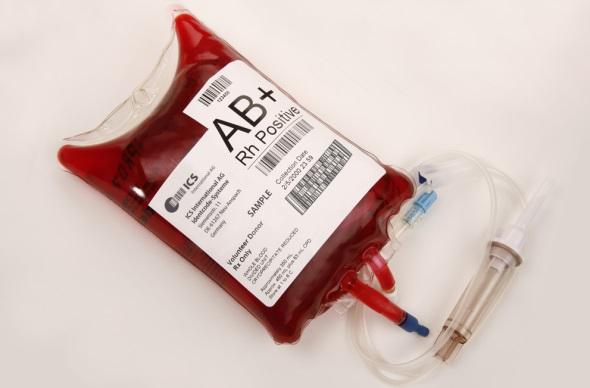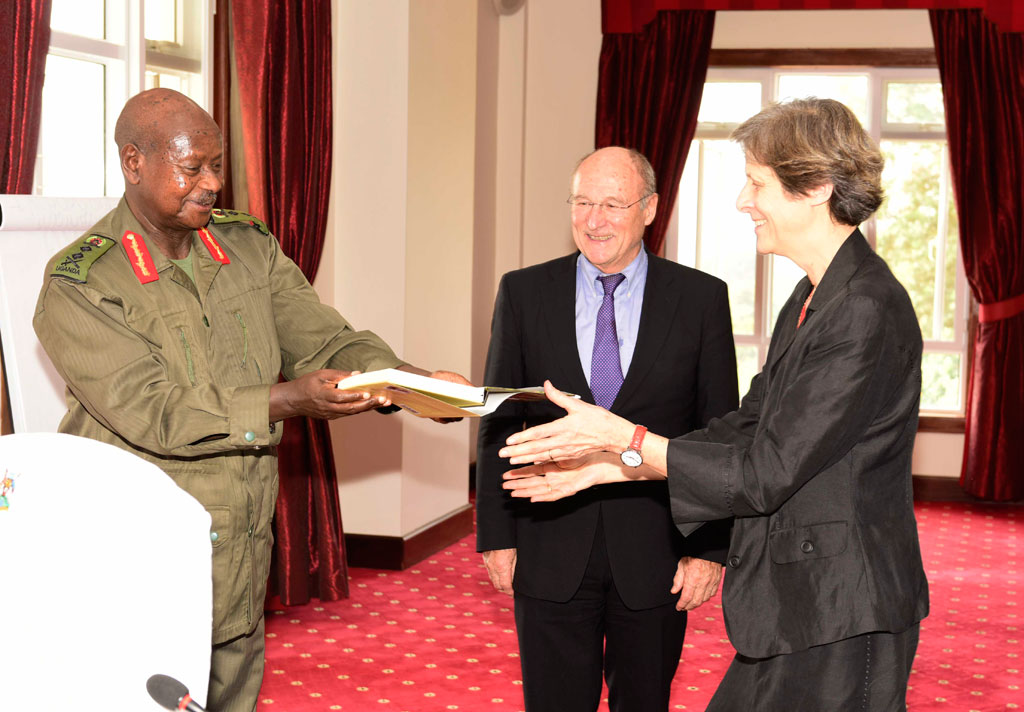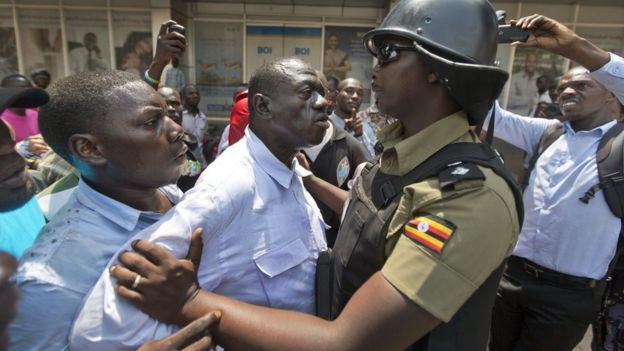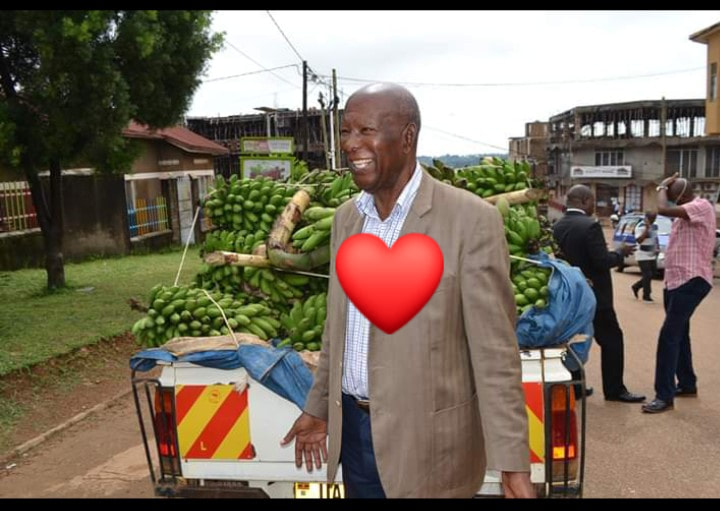A reduction in the Health Sector budget will see the Uganda Blood Transfusion Services collect less blood making an already bad situation worse in the coming financial year.
Meeting the Deputy Speaker, Jacob Oulanyah, the Equal Opportunities Commission (EOC) warned of the reduction in the collected blood units meant for transfusion from 280,145 units to 240,000 units to be collected in the Financial Year (FY) 2018/2019.
“During the assessment we noted that Uganda Blood Transfusion Services, planned to reduce on the blood units up to 40,145unitsto be collected in this financial year due to low funding, despite that fact that various hospitals were experiencing shortages of the same,” Joel Ojuko said, a member of the EOC said.
Members of the Equal Opportunities Commission met the Deputy Speaker to present their assessment findings on compliance of sector Budget Framework Papers on Thursday 11th January 2018.
Uganda Blood Transfusion Services has always registered a low blood collection, and partnered with government and private sector departments to increase blood collections. It has recently partnered with the National Social Security Fund in a countrywide drive to collect 4,500 units of blood.
Ouko also said that the Commission had noted that, the health sector was experiencing various challenges ranging from under funding, housing of health workers, limited infrastructure and lack of equipment.
“Whereas the country is facing challenges in maternal mortality, drug stocks outs and low staffing; the Health Sector budget for the FY 2018/2019 has been reduced by 136.64 billion,” he said.
He noted that the Commission realised that the government allocation for health as percentage of the total government budget has been averaged at about 8% from 2010/11 to 2016/17. These are also still far below the 15% threshold of the Abuja Declaration (2001) hence constrain efforts to equitable health service delivery.
The Equal Opportunities Commission is mandated to eliminate discrimination and inequalities against any individual or group of persons and take affirmative action in favor of those persons or groups for the purpose of redressing imbalances which exist against them.
The Deputy Speaker, Jacob Oulanyah said that the scores showed that there was work being done and general improvement seen as compared to the previous year.
“I’m pleased that sectors are beginning to respond to issues that you have raised that is very important. I am glad that you have decided to look at the Budget Framework Paper and make the input early enough and there is room for improvement during the budget process,” he said.
He further noted that the emphasis for this financial year was job creation in the budget will be able to accommodate and change livelihoods.
The EOC assessed a total of 17 sectors to find out their gender and equity compliance rate of the BFP. The sectors include; Health; Education; Social Development; Works and Transport; Lands Housing and Urban development; Agriculture; Justice, Law and Order; Accountability; Energy and Mineral Development; Legislative; Public Administration; Security; ICT; Tourism, Trade and Industry; Water and Environment; Public Sector Management; Science Technology and Innovation.
Source: Parliamentary News

















